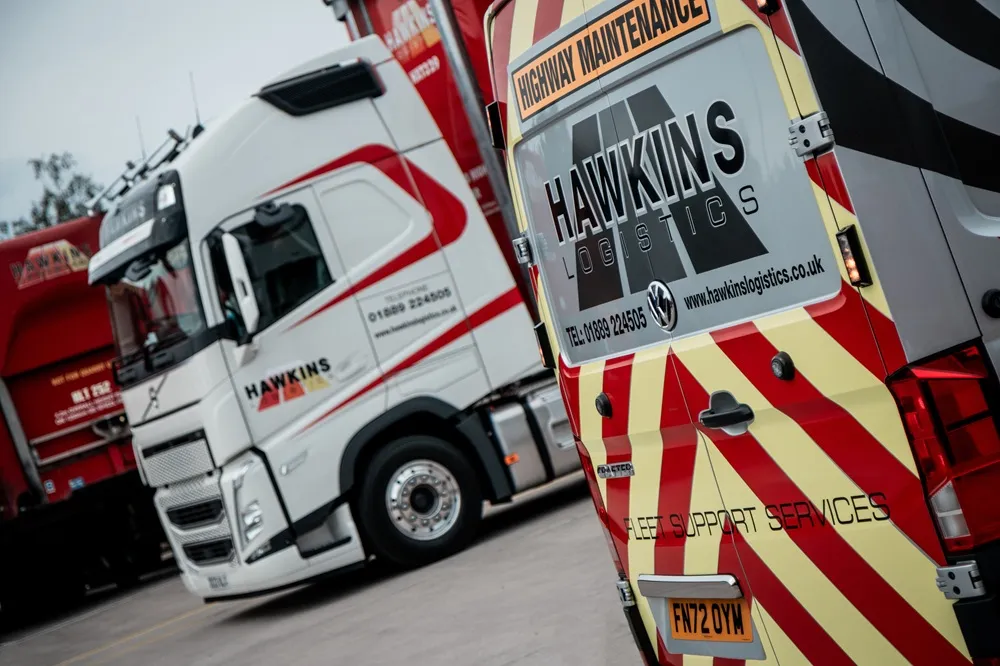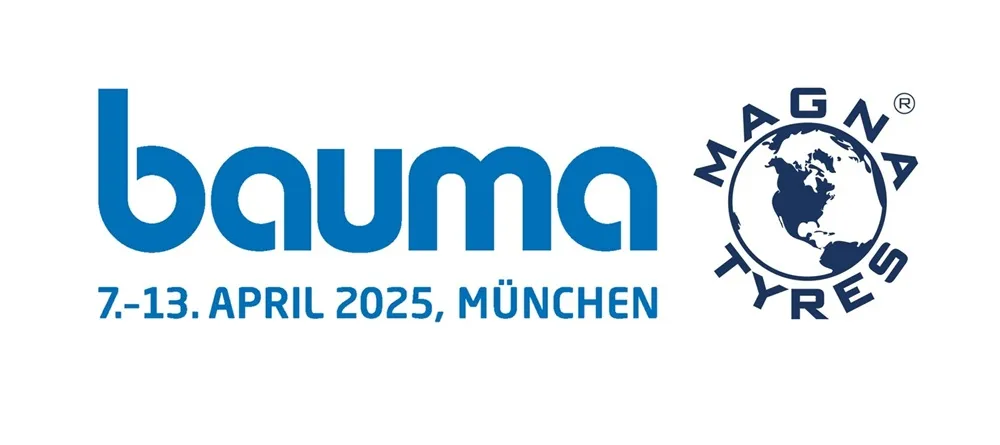Last March was a strong year for the Swedish truck industry as the Bonus Malus system came into force, prompting a very strong March 2021. As the Ukraine conflict has stopped production in Russia and Ukraine while reducing production across Europe, the need for parts, coupled with the increasing energy costs and the weakened Swedish Krona has meant that Mobility Sweden, formerly Bil Sweden will be reducing the forecast of 44,000 light trucks made at the start of the year.
Sharp Fall for Swedish Light Truck Registrations in March
With 3,443 light trucks registered in March and 337 of them being electric, the light truck segment experienced of of 60 per cent compared to the record levels of registrations seeing in March 2021 when 8,680 units were registered. The 8,109 LCV registrations seen in the first three months of 2022 also represents a 41 per cent reduction for Q1 against the 13,643 units recorded previously. 872 electric light trucks were registered as well, which is vast improvement on the 331 units at the same stage in 2021.
Heavy trucks weighing more than 16 tonnes reached 491 registrations in March, with it recording a smaller decrease of 6% against other segments. In terms of the first quarter in 2021, the rate at which the market is decreasing is larger with a 17% decrease as 1,136 units were registered against 1,372 in 2021. Despite the decrease across the overall segment, electric heavy trucks have performed promisingly with 25 units over the first quarter against 7 this time last year. To explain the segment’s performance, Bergman cited the Ukraine conflict as having a ‘dampening effect’ on the sector.
Moving on to the bus segment, the figures are moving in the opposite direction. With 27 buses registered in March 2022 against 25 units 2021, the segment saw an 8% year-on-year increase egistered. 48 per cent of these orders were for electric orders. The units registered for the first quarter totalled 111, which was 32% below 2021.
Returning back to the truck sector, Mobility Sweden communicated that there remains a strong need for fleet renewals, although the lack of semiconductors and other components is not helping market confidence, with deliveries still not being met.








